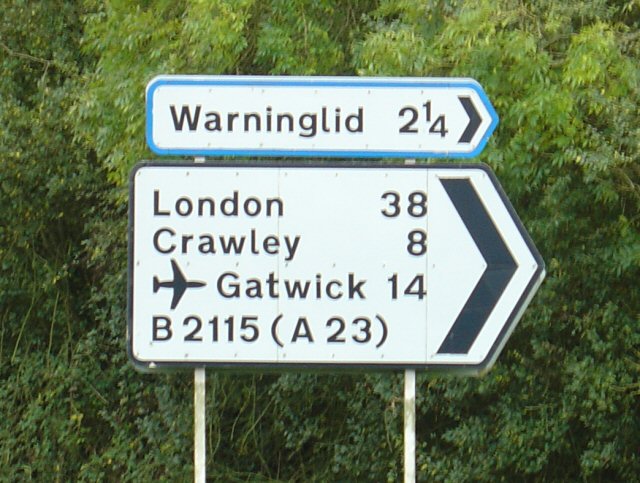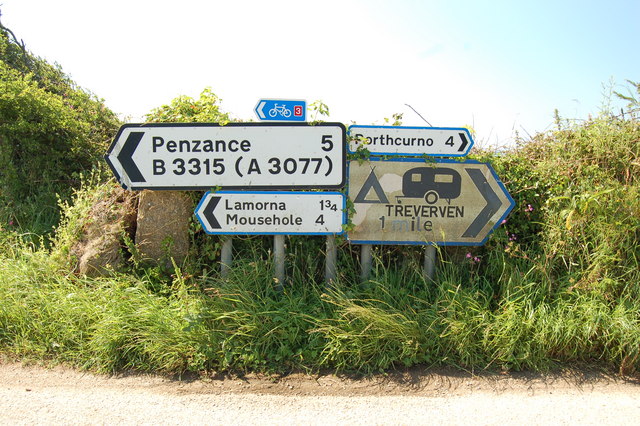In the past, we've written lots about our use of Twitter. These four posts about school Twitter accounts are some of our most viewed: 1, 2, 3 and 4. As a result of these posts, we've often been asked for advice about Facebook accounts for schools. Until now, we've not written about school Facebook accounts as we had no experience of them. However, now that we do, we can let you know what we've been up to...
Image credit: facebook.com
First of all, we'd highly recommend contacting Chris Talbot,as what he doesn't know about running a school Facebook account isn't worth knowing.
In the past, both our school and members of staff have had negative experiences of Facebook, so it took some persuading and careful thinking to get the page set up. First choice was whether to use a private Group or a public Page. We went for the page, for the same reason our Twitter account isn't locked: it's a public page for us to share news about our school. The vast majority of what's written in those four posts about Twitter accounts is also applicable to Facebook. Write about upcoming events, share news and engage with the local community. Remember, if someone's 'Liked' the page, anything shared through the page gets sent right into their timeline for them to read.
In school, some members of staff and the office team have permission to posts to our social media pages from computers they have access to. Some understand Twitter better; others prefer Facebook. So, we set up the account so that something posted to either network will be automatically duplicated on the other. Whilst out of school, we make use of a school phone. From a local supermarket, we purchased a smart phone on pay-as-you-go for about £30 that we can Tweet and Facebook from whilst off-site. As outlined in previous posts, this avoids staff using up their own data allowance, but more importantly means staff can't accidentally post to the wrong social media account (i.e. posting something intended for their own on the school one).
One main concern was monitoring the page and in particular 'comments'. Within the Page settings there's the option to 'block' comments containing certain words. We've blocked the 100 most common English words and names of teachers, local area and other key words. These comments still exist, so we can see them, but they're not public. In the future, this may change, but at the moment it's our way of monitoring what's on the page.
Worried about what people may say about the school on Facebook? They'll say it anyway! Given them an official page to do it on and at least you'll see it and have the ability to reply. In addition, every now and again (if you have a unique school name) get the office staff to search Twitter and Facebook for your school's name - you'll be amazed (good and not-so-good!)
Update (March 2016): See 'Facebook for School communication' too.
Update (March 2016): See 'Facebook for School communication' too.
So there you go, if you've not got one, go get one. If you're using one form of social media, you may as well use them all!
@PrimaryIdeas http://t.co/pINQQaPDWo an article about my Facebook page.— Chris Talbot (@toots2106) July 25, 2015
@PrimaryIdeas post here about school Facebook page may also be of interest https://t.co/S9i52urEoY (now added link to @PrimaryIdeas post)— Malcolm Wilson (@claganach) July 24, 2015





